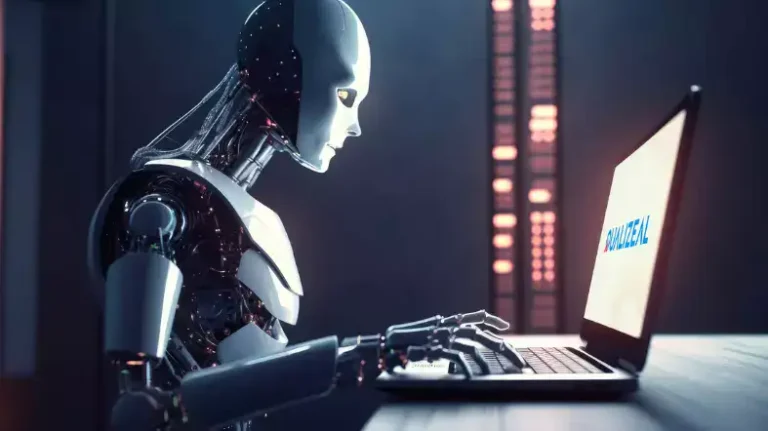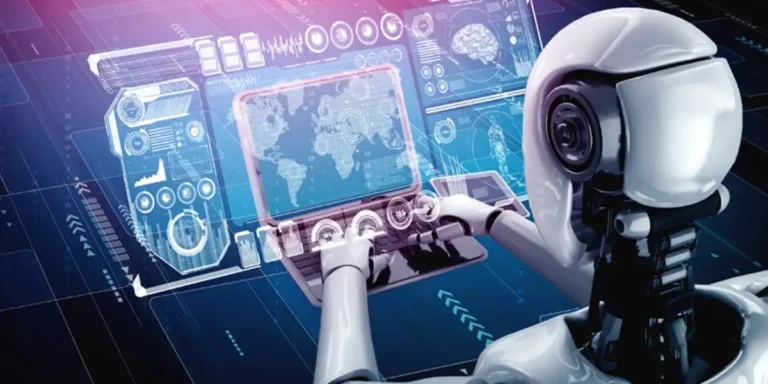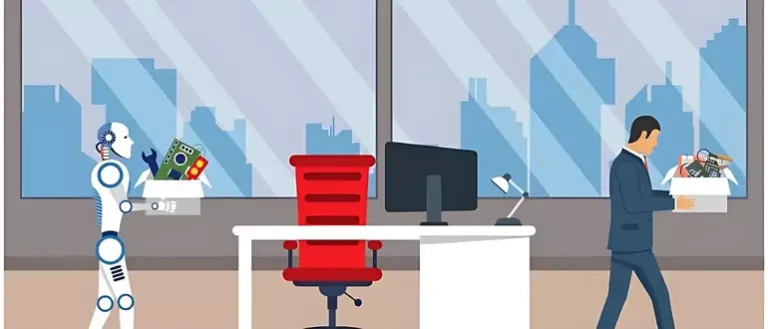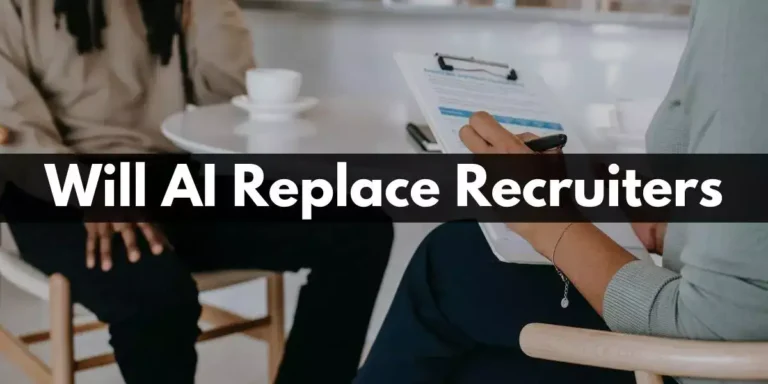As artificial intelligence continues to advance, many industries are starting to question the future of their workforce.
One such industry is engineering, where some are beginning to wonder whether AI will eventually replace human engineers.
In this blog post, we’ll delve into this question, exploring the capabilities and Impact of AI. Also, skills that you should learn to stay relevant with AI.
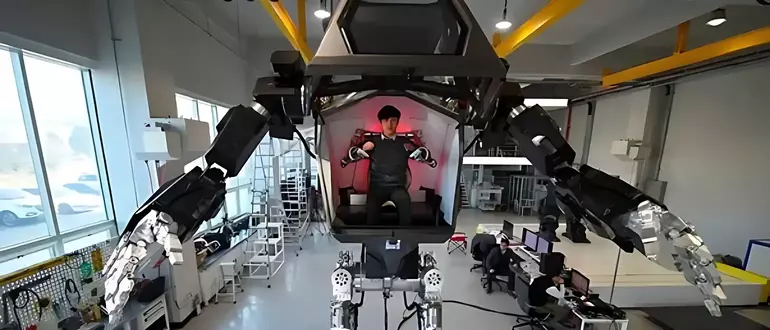
Will AI Replace Engineers?
AI techniques will not replace simulation software and engineers.
While AI can automate specific processes and enhance the abilities of engineers, it cannot wholly replace the creativity and ingenuity necessary in engineering.
Engineers will still be crucial in developing and implementing new technology, but implementing AI in engineering requires a deep understanding of both fields.
The Impact of AI on Engineering Job
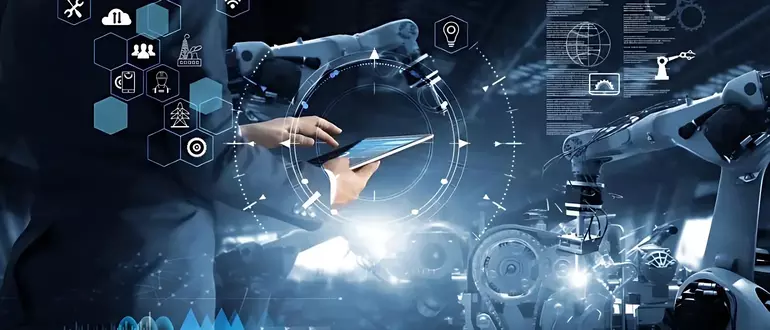
Replacement of Low-Level Engineering Tasks
AI can potentially automate several low-level engineering tasks, including data entry, calculations, and simulations.
Automation frees engineers to focus on critical thinking, problem-solving, and creativity.
AI can also spot errors and anomalies humans may miss, improving engineering accuracy and efficiency.
However, AI cannot replace human engineers entirely, as creativity and intuition are essential for innovation and progress.
New AI Engineering and Related Jobs:
As AI becomes more prevalent in engineering, new opportunities for individuals with AI-specific skill sets will arise.
AI program developers, data analysts, project managers, and system integrators are new AI engineering jobs.
These professionals are responsible for developing, analyzing, managing, and integrating AI-based systems into various engineering applications.
Furthermore, AI can also enhance the job prospects for engineers, as it opens up new avenues for innovation and growth.
Replace engineers, artists, and architects:
AI may replace engineers, designers, and builders in some fields, despite its many benefits. AI-based systems can create, model, and simulate.
Design and innovation involve creativity and intuition, so AI-based systems still need humans. For complex and non-routine jobs, humans must assist AI.
Engineering design and process error reduction

One of the most significant benefits of AI in engineering is reducing errors and defects.
AI tools can analyze vast amounts of data and identify potential issues that human engineers may have missed.
AI can catch errors early in the design process, leading to more accurate and reliable designs.
In manufacturing, AI can detect defects in real time, reducing the number of faulty products that make it to market.
Analyze and Interpret Large Engineering Data
Engineers often handle huge amounts of data. AI can improve data analysis and interpretation.
AI can examine sensor data in real-time, giving engineers new insights. AI can analyze big datasets from past projects to find patterns and trends to optimize future designs.
Manufacturing and Industrial Engineering Use More AI
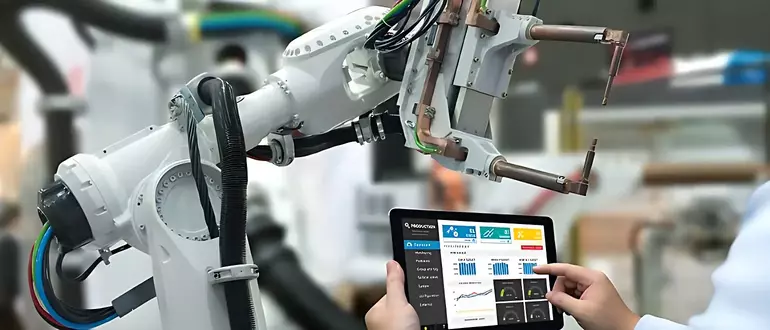
AI is already optimizing production and industrial engineering processes and is expected to grow. Engineers may use AI tools more.
AI can improve supply chain management, quality control, and scheduling, making the output more cost-effective.
AI can also detect industrial machinery maintenance issues before they cause downtime and productivity losses.
AI’s effect on jobs necessitates retraining.
AI’s effect on jobs will require 120 million workers to be retrained in three years. AI will both replace and create jobs, notably in AI engineering. Staying current with AI and adapting to job changes is crucial.
Increased use of AI in recruitment processes
AI is revolutionizing the recruitment process by automating various stages of the process, such as resume screening and candidate matching.
This shift in the recruitment process could lead to more efficient hiring processes and better candidate matches, resulting in higher-quality hires.
It is essential to understand how AI is changing the recruitment process and adapting accordingly to increase your chances of success.
AI-skilled labor in demand
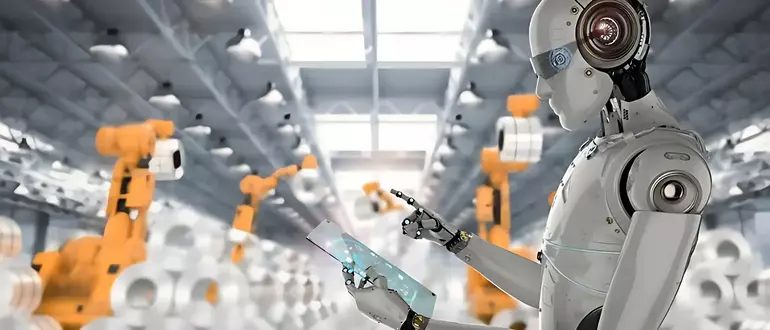
As AI continues to impact various industries, there is a higher demand for workers with AI-related skills, especially in engineering.
AI engineering has become a specialized field with promising job growth and high salaries.
AI engineers need to understand the problems their companies face and find ways that AI can help solve them.
Developing skills in data science, cognitive science, and other related fields is essential to stay competitive in the job market.
AI improving office productivity.
AI can automate mundane jobs and analyze data to improve decision-making to boost workplace productivity.
How AI is implemented and integrated into systems will determine its effect on workplace efficiency and productivity.
Understanding how AI can boost workplace efficiency and productivity and working with AI systems to enhance results is crucial.
What skills will engineers need to remain competitive in an AI-dominated field?
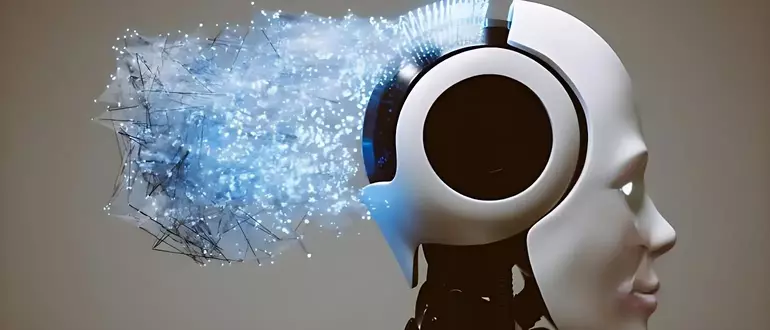
The first one is a technical skill, and remains are soft skills.
In-depth Knowledge of Programming Languages
Programming languages are essential for success in AI-dominated fields. This requires extensive Python, R, and other program knowledge.
Write and debug complex algorithms, develop and implement machine learning models, and deal with large data sets. TensorFlow, PyTorch, and Scikit-learn are also useful.
Hands-on projects and online groups with experienced engineers can help you improve your programming language skills.
Data Literacy
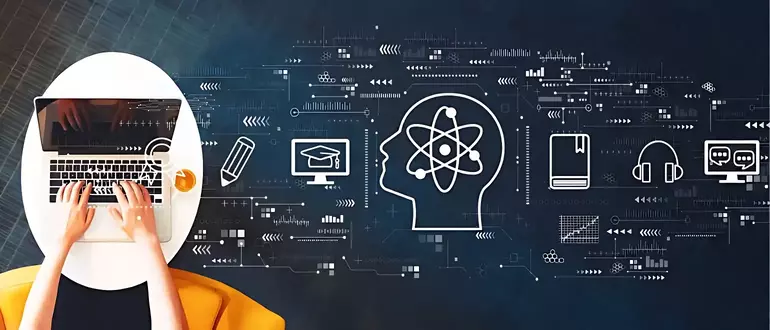
AI heavily relies on data, so data literacy is a crucial skill. This includes an understanding of statistics, data visualization, and data analysis.
You should be able to collect and clean data, perform exploratory data analysis, and identify trends and patterns in data sets.
Additionally, you should be familiar with database systems such as SQL and NoSQL.
To further develop your data literacy skills, it is recommended that you engage in data-driven projects, attend workshops and seminars, and read relevant literature.
Communication and Teamwork
Engineers in AI-dominated fields work in teams. Collaboration with team members and stakeholders requires good communication skills.
This includes clearly explaining technical concepts, actively listening, and giving helpful feedback.
Group tasks, leadership, and team-building workshops can improve your communication and teamwork skills.
Problem-solving and Creativity
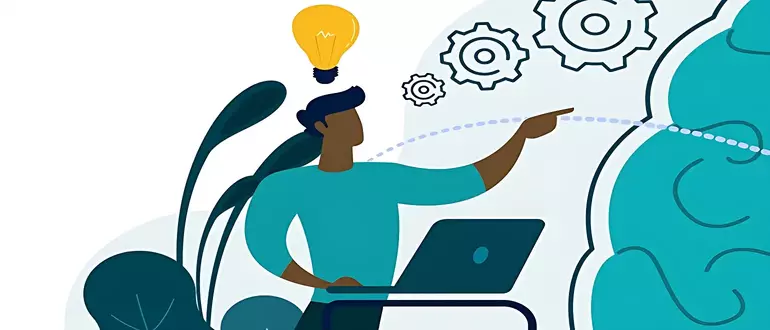
AI presents complex challenges and requires engineers to possess strong problem-solving and creative thinking skills.
This includes identifying and articulating problems, developing and testing hypotheses, and generating new and innovative ideas.
You should be comfortable with ambiguity and able to think outside the box to find creative solutions.
To further develop your problem-solving and creativity skills, it is recommended that you engage in hands-on projects and participate in design thinking workshops.
Leadership and Management
Leadership and management skills are essential for job advancement. Manage teams, delegate tasks, and make strategic choices.
You should lead team members, teach junior engineers, and promote innovation and collaboration.
Seek leadership roles, management, and leadership training, and mentorship from experienced leaders in your area to improve your leadership and management skills.
Continuous Learning and Adaptability

Adaptability and constant learning are crucial. Staying abreast of AI’s newest trends, technologies, and best practices is crucial. Accept change and seek growth and progress.
Online classes, industry conferences, and professional development programs can improve your learning and adaptability.
Domain Expertise
Deep knowledge of a business, field, or domain is domain expertise. AI developers for a specific industry must grasp its challenges, opportunities, and applications.
They can create industry-specific AI applications with this domain expertise.
Will Engineers Become Obsolete Due to AI Technology?
This issue has no simple answer. AI technology has advanced engineering jobs but lacks creativity, decision-making, and critical thinking.
Thus, engineers are necessary for complex systems and building design.
AI will become increasingly important in engineering in the future. AI will not replace humans. Instead, AI will help engineers focus on more complex and creative tasks.
In the era of AI, engineers must adapt and learn new skills due to the rapid pace of technological advancement.
This involves using AI, analyzing data, and creating new AI-powered solutions.
FAQs
What Is The Current State Of AI’s Ability To Replace Engineers?
According to a report by Younghero Engineer, AI is not replacing engineers but helping them with their work.
While AI tools can assist with coding, designing, and even building cars and buildings, these systems are not sentient and can only assist with routine tasks, reducing time and effort on the engineer’s part.
Will AI Completely Replace Engineers In The Future?
It is unlikely that AI will completely replace engineers in the future.
While AI may become more advanced and capable, it is up to humans to decide how to use it.
According to an article on IMechE, AI may reach the point where it can replace engineers, but humans will still need to decide what tasks to delegate to the AI.
Should Current Engineering Students Be Concerned About AI Replacing Their Future Jobs?
AI may help engineers in the future, but it won’t replace them. Instead, engineers will need to adapt and learn new skills to work alongside AI tools and systems.
Current engineering students should focus on developing a broad base of capability, including composable architecture skills and a focus on performance and reliability.
Will AI Make Certain Engineering Jobs Redundant?
While AI and generative design may replace some of the need for certain engineering jobs like designers, draftsmen, and some routine tasks, engineers will shift into new areas with as much potential as before.
How Advanced Is AI’s Ability To Write Code?
AI is capable of writing code to some extent, but its ability to develop the correct logic is still behind that of humans.
ERP systems and no-code platforms can also assist with coding tasks.
Conclusion
The rise of artificial intelligence does not necessarily mean the end of human engineering.
While AI technology can automate certain aspects of engineering, such as design and testing, human engineers bring creativity, problem-solving skills, and critical thinking to the table.
Instead of replacing engineers, AI will likely augment their work, making them more efficient and effective in their roles.
Engineers need to stay up-to-date with AI technology and adapt to its integration into the field.
